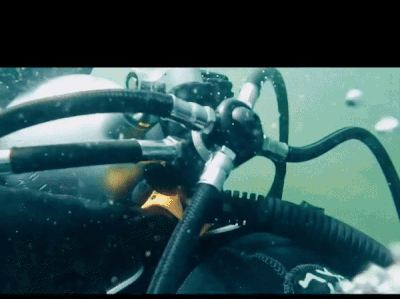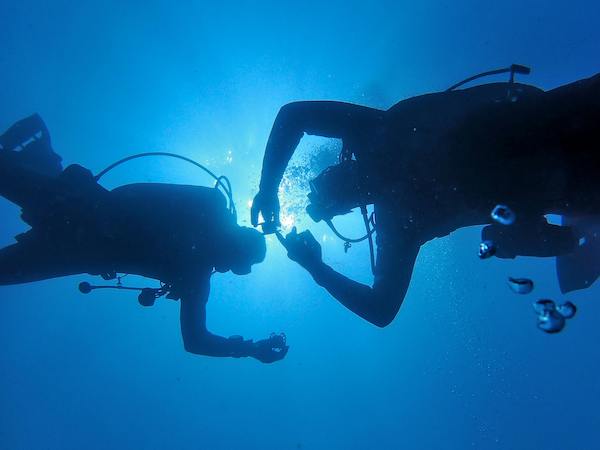Basic Scuba Safety Rules
Scuba diving is an incredible way to explore the underwater world, but it comes with risks. Following these core safety principles ensures that you stay safe while enjoying your dives. These are not just rules—they're habits that make diving safer and more enjoyable.
1. Always Dive with a Buddy
2. Always Perform a Pre-Dive Checklist
Would you board a plane if the pilots skipped their safety checklist? Probably not. The same applies to diving. Using a structured pre-dive checklist ensures that you and your gear are ready for the dive. Learn why checklists matter in diving.
3. Do a Bubble Check Before Descending
4. Plan Your Dive, Dive Your Plan
5. Use Proper Weighting and a Balanced Rig
Carrying extra weight makes buoyancy harder to control, increases gas consumption, and makes emergency situations worse. A properly balanced rig ensures you can hover effortlessly and ascend safely. Learn how to set up a balanced rig.
6. Secure Loose Equipment
Dangling gauges, hoses, or accessories increase drag, waste energy, and can get caught on wrecks, coral, or even other divers. Clip off or stow all loose gear to stay streamlined and in control.
7. Monitor Your Gas Supply Regularly
Running out of air should never happen. Instead of relying on arbitrary PSI reserves, follow structured gas planning principles. Know how much gas you need, track your usage, and turn your dive with plenty to spare. Read our gas planning guide.
8. Ascend Slowly
9. Maintain Psychological Safety in Decision-Making
Read more in our full guide on Creating Psychological Safety.
Divers should feel comfortable speaking up if something feels off. Anyone can call a dive at any time, for any reason, without pressure. An uncomfortable diver is an unsafe diver.
10. Understand Human Factors in Diving
Read more in our full guide on Human Factors in Diving.
Diving incidents rarely happen because of one single mistake. They result from a combination of decision-making, situational awareness, task overload, and communication gaps. Learning about human factors improves safety by preventing small problems from snowballing into bigger ones.
11. Get Proper Training for Advanced Diving
If you're considering deeper dives, overhead environments, or mixed gas diving, get formal training from a reputable technical based diving agency. Proper training prepares you for challenges beyond recreational limits.
How to Get Certified
Learn the steps to becoming a certified diver and start your underwater adventure.
Get StartedGas Planning for Recreational Divers
Understand how to calculate gas needs for safer and more efficient dives.
Learn MoreWhy Checklists Matter in Diving
Improve safety and consistency with effective dive checklists.
Learn More


